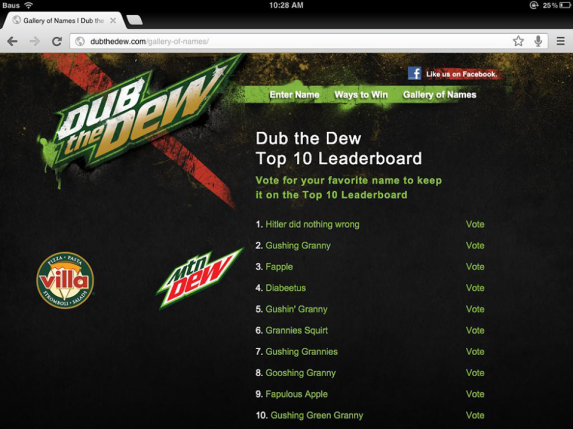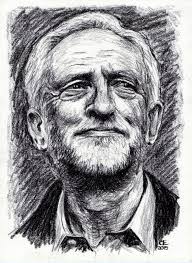Today a little bit of me died.
When my children were tiny, I read ‘Raising Boys’ a popular parenting book by Steve Biddulph. He writes about the need for, and scarcity of, positive male role models. So I actively sought out these role models through their early years. It’s not easy. My son played youth football. Perhaps the very worst place to find good role models. I met the most hideous people I’ve ever come across on the touchline of youth football matches. Parents getting into fights. Referees strutting arrogantly and playing god. Club officials snarling and intimidating the kids. Players getting into fist fights – with their own teammates. It was a zoo.

Other sports and interests have exposed us to whole new communities of nutters, zealots, pushy parents with sharp elbows and a wide range of bizarre sociological case studies.
Through all of this, I have seen martial arts as the best place to look for good role models. The men who ran my local karate dojo were extraordinary. Hard men with great sensitivity. They were inspirational. They taught self-reliance, discipline and toughness but they were kind and they commanded great loyalty.
Today I read that the longstanding Sensei is in court facing charges of child molestation. Part of me doesn’t believe it. But that would be naïve. Worse, it has happened before. The inspirational founder of my son’s local basketball team was also prosecuted for a paedophile offence. I liked him too.
Not only is this kind of thing seemingly more common and closer to home than I imagined. It affects exactly the people you most thought you could trust. In leafy Surrey we tend to sigh and stare at our shoes when this sort of thing happens rather than reach for the torches and pitchforks. But it’s profoundly saddening.




